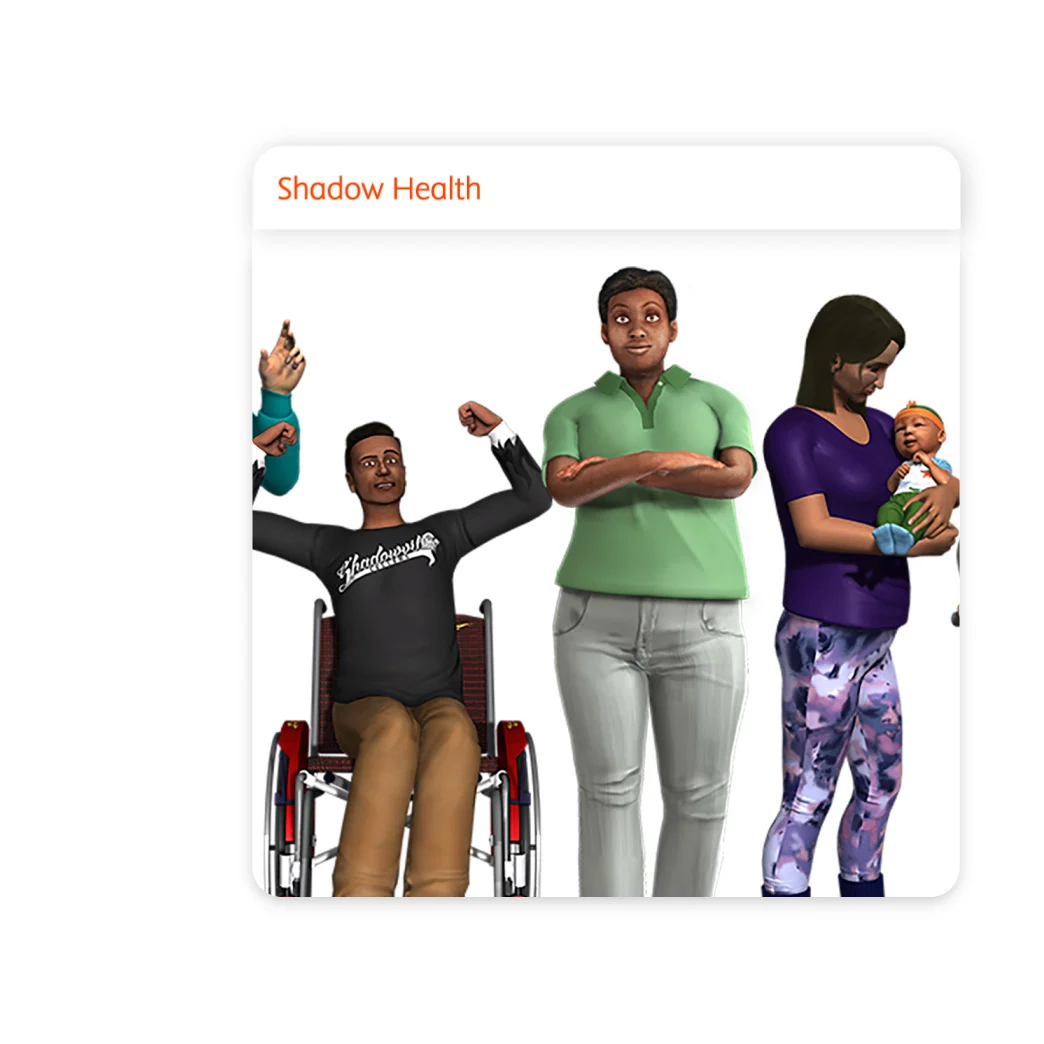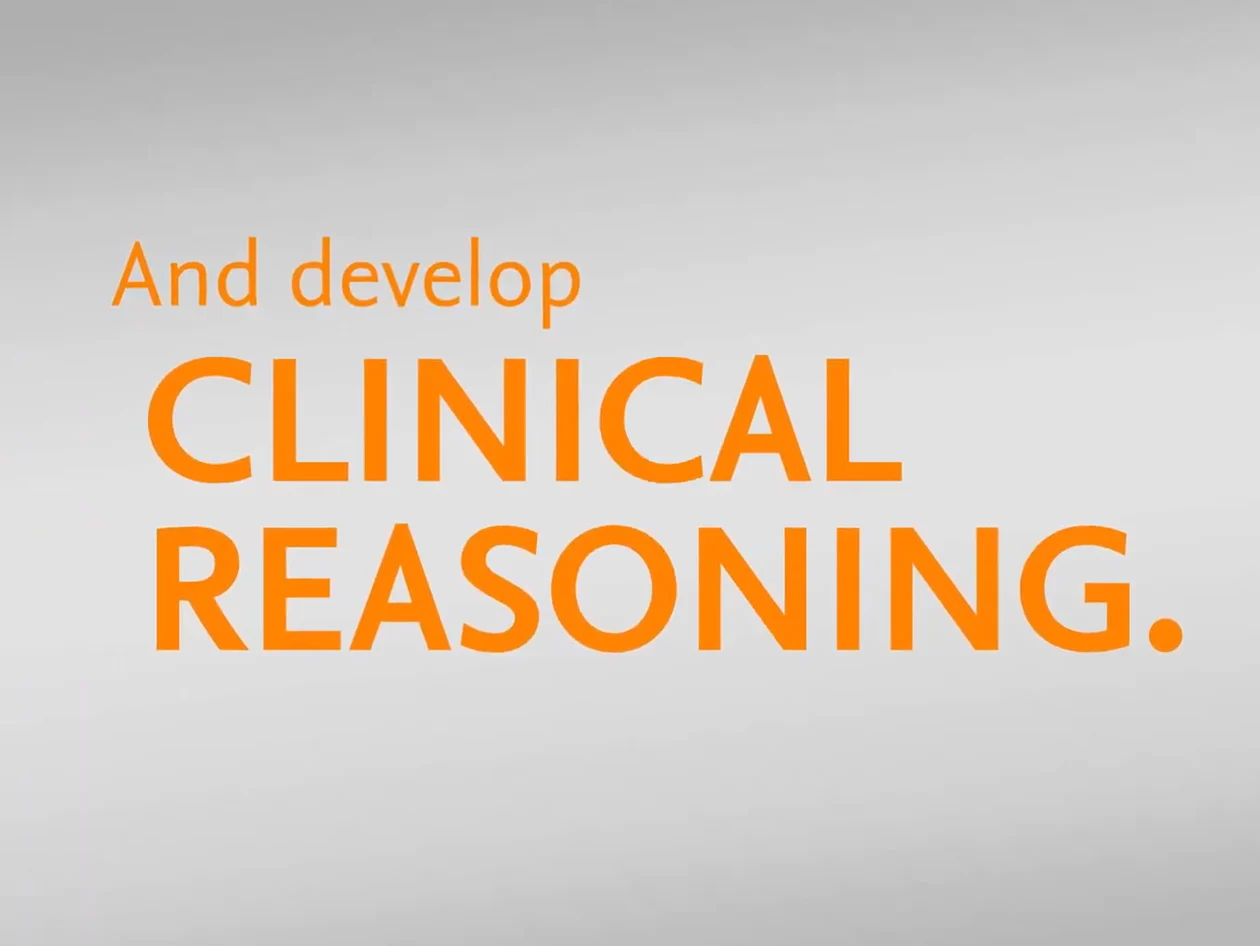Nursing Students
Allow your students to practice the skills needed to develop clinical judgment and clinical reasoning, empowering them to improve patient outcomes when they enter clinical practice.
Unfortunately we don't fully support your browser. If you have the option to, please upgrade to a newer version or use Mozilla Firefox, Microsoft Edge, Google Chrome, or Safari 14 or newer. If you are unable to, and need support, please send us your feedback.
We'd appreciate your feedback.Tell us what you think!
Conversation-based interactions with a diverse group of AU & NZ patients to practise and apply clinical reasoning skills.

Allow your students to practice the skills needed to develop clinical judgment and clinical reasoning, empowering them to improve patient outcomes when they enter clinical practice.
Give your novice nurses a safe, realistic learning environment to sharpen their clinical reasoning and therapeutic communication skills as they transition to practice.

Watch now
|
Factoring in the realities of increasingly complex healthcare environments, new nurses may experience multiple pressures as they transition to practice – from limited exposure to diverse patients and conditions, to preparedness for clinical practise and difficulties making decisions about patient care. With use cases applicable to the classroom, home, simulation lab and clinical placement environments, Shadow Health allows students to practise and apply their clinical reasoning skills through life-like interactions with a diverse cast of Australian and New Zealand virtual patients.

Built from the ground up with a team of clinical, cultural, and educational experts across Australia and New Zealand, and aligned to the Australian Nursing & Midwifery Accreditation Council and the Nursing Council of New Zealand’s standards, Shadow Health offers a virtual environment for students to provide culturally safe care to Aboriginal and Māori patients.

Through realistic conversation-based interactions, students communicate naturally with patients using their own words, helping them to improve critical therapeutic communication skills.

Each virtual patient scenario will have specific therapeutic outcomes and students will be scored on their ability to recognise when to emphasise with the patient or educate them to close gaps in health literacy.

After each clinical experience, students get real-time performance feedback to improve their clinical reasoning skills, helping them quickly identify any knowledge gaps.




